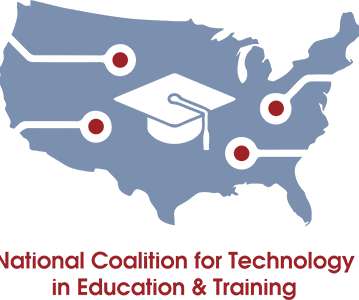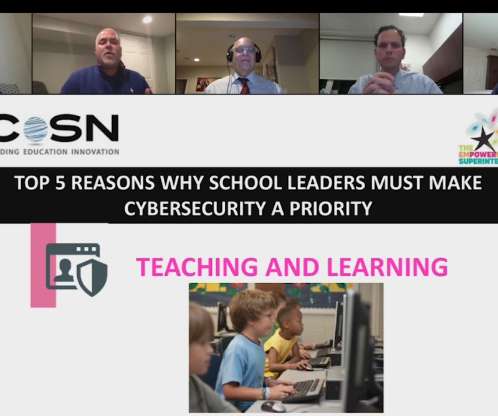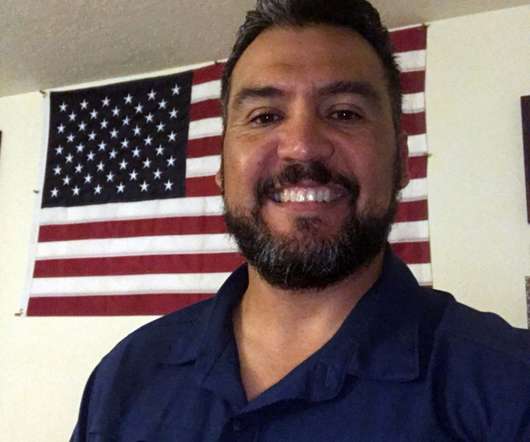High school graduation rates for one important group are starting to get better
The Hechinger Report
AUGUST 7, 2019
Since 2006, the share of California Hispanic 19-year-olds with a high school diploma has increased from 74 percent to 86 percent, according to the Campaign for College Opportunity, a California advocacy group. Related: New research shows Latinos closing the racial gap on college degrees, but still lagging far behind whites.




























Let's personalize your content